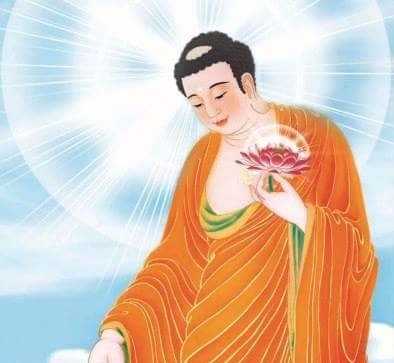
Master Shandao’s Exegesis of the Sincere Mind, Part Five
Who can really practice with a genuine mind? At the end of Master Shandao’s passage on interpreting the Sincere Mind, he states: For [disavowing] the threefold

Who can really practice with a genuine mind? At the end of Master Shandao’s passage on interpreting the Sincere Mind, he states: For [disavowing] the threefold

Last time, we explored how a Pure Land aspirant attains both “genuineness in self-benefiting” and “genuineness in benefiting others” through the dedication of real merits

To seek refuge in Amitabha Buddha is to receive his “real” merits and virtues In our discussion of the Sincere Mind in my last three

Why Pure Land is an ideal school of Buddhism to be…

In the first part of our exploration of the Sincere Mind, we concluded that there was a problem. Apparently, to be reborn in the Land

The Sincere Mind is the Genuine Mind Let us look at Master Shandao’s explanation of the Threefold State of Mind in his Commentary on the Contemplation Sutra.

Since February this year, we have been discussing the importance of faith and its role in Pure Land Buddhism. In this instalment I hope to

Causes of rebirth in different realms With regard to my previous article* discussing the cause of assured rebirth in Amitabha’s Pure Land, many readers were surprised

Accuracy in explaining the Buddha’s words In my previous three articles I emphasized that Pure Land Buddhism sees faith as an expedient means, while the

The mismatch between the “Name” and “meaning” Master Tanluan explained in the Commentary on the Treatise of Rebirth: “What is meant by the idea that some do

Master Tanluan, an eminent Pure Land patriarch from the 6th century CE, wrote the Commentary on the Treatise of Rebirth. He utilized and integrated many profound concepts

An easy practice with faith as an expedient means Nagarjuna Bodhisattva is recognized as the “Founder of the Eight Schools in Mahayana Buddhism.” He also